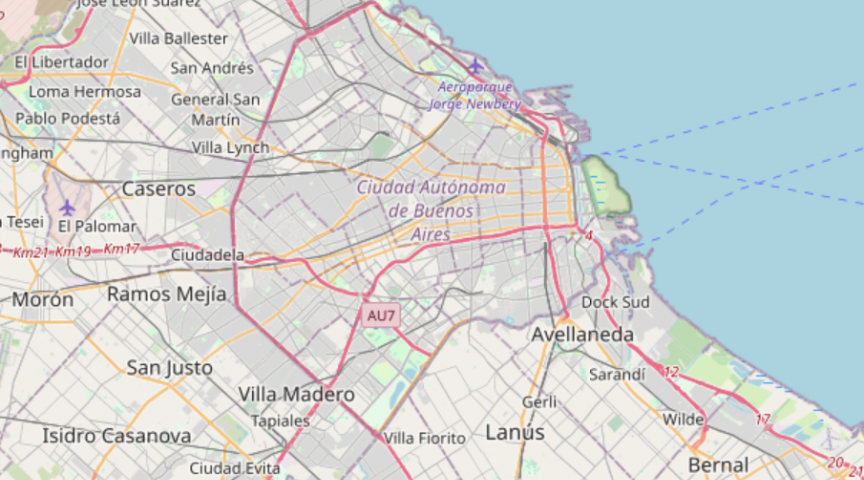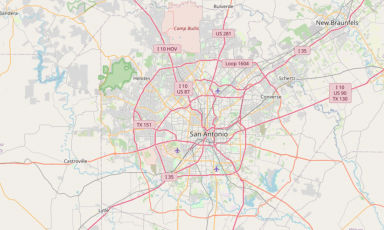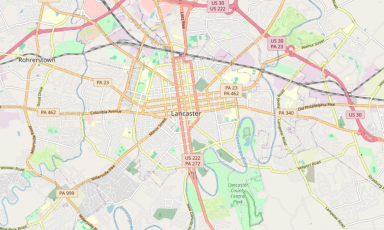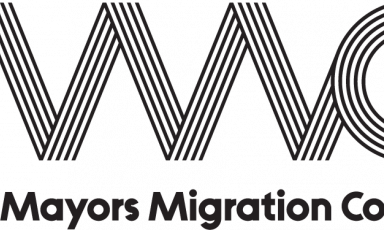Buenos Aires, Argentina
Automatic Electoral Registry for Migrants and Awareness Raising of Political Rights in Buenos Aires

Summary
In 2022, the General Directorate of Political and Electoral Reform of the Government of the Autonomous City of Buenos Aires (CABA) launched a ‘Migrant Electoral Guide’, in collaboration with IOM Argentina and UNDP. The guide, available in Spanish, French, Catalan, Guaraní, Chinese, and Korean, is a step-by-step informative tool to promote autonomous participation in local elections and the exercise of political rights for migrants residing in the city.
The guide emerged with the approval in 2018 of the Electoral Code Law No. 6031 of the CABA which allows foreigners, from 16 years of age with permanent residence in the City, to vote in local elections without the need for any prior registration.
The guide is produced as part of the 'In the City, You Vote' (En la Ciudad, Votás) program, whose objective is to raise awareness about the voting rights of migrants and to encourage their participation.
This program, which is ongoing, will offer a range of awareness raising programs, such as the set-up of ‘Information and Consultation Stands’, located in strategic places within the city. It will also provide the space to train and exchange organizations and community representatives who have close ties to the migrant population.
Impact
117,056 people were reached directly and indirectly through the Program. This allowed the participation of the migrant population in voting to increase by more than 30,000 voters compared to the 2021 electoral process.
Lessons learned
The number of migrants who have participated in the elections has increased compared to previous years. Priority was given to being in popular areas where the majority of the community resides, which allowed the city to reach the community in a more direct way but modified the work dynamics. It was necessary to be more flexible in order to adapt to the new territory, something that was not fully achieved due to lack of time.
The main lessons learned from the experiences of our trainers in the dissemination and training operations carried out are as follows:
- In both Posts the greatest outreach was to older adults. They showed a greater predisposition to establish contact in order to receive the necessary information.
- A large percentage of migrants found it difficult to understand the use of the action and were fearful of not being able to vote by their own means.
- Even today, there are many migrants who are still unaware of their right to electoral participation.
- Migrants express their dissatisfaction due to the lack of dissemination of important dates, such as the date for the claim that allows the incorporation to the electoral roll.
- Dissatisfaction due to the lack of knowledge of the automatic registration and for not appearing in the census despite the number of years established in CABA.
The targeting and strengthening of information to migrants on democratic practices allow the migrant community tools for full and equal incorporation into the political life of each city, which is why the continuity of the program is recommended with a different approach for non-electoral years.
Such approach could be directed to take advantage of the work structures deployed in recent years with international organizations such as the IOM and with civil organizations. In the future the city will seek as a challenge to deepen this internal and external cross-cutting approach, appropriating tools that encourage the participation of the entire community.


